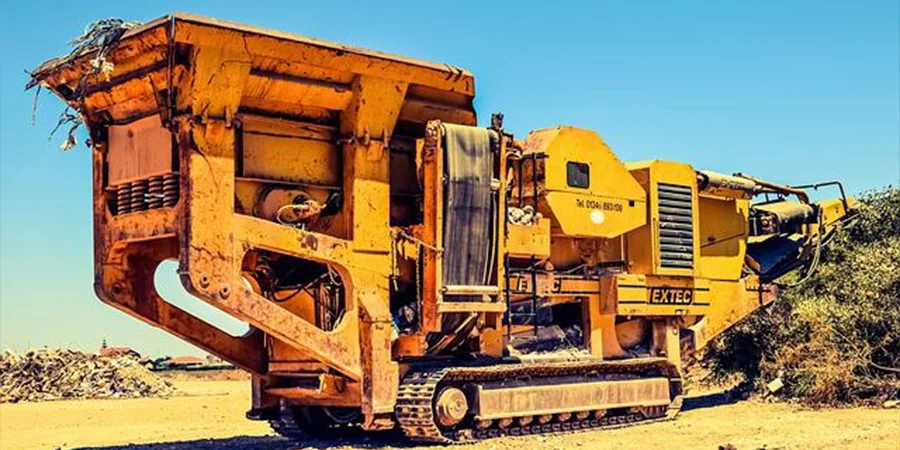
The rock crushing industry is essential for various sectors, including construction, mining, and waste management. The process involves breaking down large rocks into smaller pieces, making it easier to transport and use them for different purposes. However, not all rock crushers are created equal. This article serves as your essential guide on how to choose a rock crusher that will best serve your needs.
Understanding Rock Crushers
Rock crushers are heavy-duty machines that crush large rocks and minerals into smaller, manageable sizes. They come in various types and sizes, each suited for specific tasks and materials.
Types of Rock Crushers
- Jaw Crushers: These are the most basic type of crusher, often used in the primary crushing stage. They use a compressive force to break down material.
- Cone Crushers are more specialized crushers, often used for secondary or tertiary crushing. They crush rocks by rotating them against a cone-shaped inner surface.
- Impact Crushers: These crushers utilize impact rather than pressure to crush material. They are suitable for materials with low to medium hardness.
- Gyratory Crushers: These are used for hard and abrasive rocks. They crush materials by an oscillating shaft.
How to Choose a Rock Crusher
When selecting the right rock crusher, several factors come into play. Considering these aspects is crucial to ensure you get a machine that will serve you efficiently and effectively.
Understanding Your Material
Before you even begin to look at different rock crushers, you should understand the type of material you’ll be working with. Knowing the material’s hardness, size, and consistency can guide you to a suitable rock crusher. For instance, a jaw or gyratory crusher might be more appropriate if you are dealing with hard and large rocks.
Assessing Your Project Needs
Consider the scope of your project. How much material do you need to crush? Over what period? This assessment will influence the size and type of crusher you select. Large-scale, long-term projects might require stationary crushers, while smaller, short-term projects might benefit from portable rock crushers.
Evaluating Operational Costs
The cost of running the crusher, including energy consumption and maintenance expenses, should be a determining factor. While some crushers may be cheap to acquire, they might be expensive to operate.
Considering Safety and Environment
A rock crusher’s safety features and environmental impact should not be overlooked. Ensure your chosen rock crusher adheres to the required safety standards and minimizes environmental harm.
Checking Compatibility with Other Equipment
Your chosen rock crusher should be compatible with other machinery at your site. Incompatibility could lead to inefficiency and unnecessary costs.
Ensuring Optimal Crusher Performance
After you’ve learned how to choose a rock crusher, the next step is to maximize its performance.
Regular Maintenance
Routine checks and maintenance are essential for any machinery, and rock crushers are no exception. Regularly inspect and maintain your crusher to ensure it operates at peak efficiency.
Trained Operators
Ensure that operators are well-trained and understand the ins and outs of your rock crusher. This training can help prevent operational errors that might lead to costly repairs or accidents.
Optimal Feed Size
Always adhere to the manufacturer’s specified feed size. Feeding oversized or undersized rocks could lead to inefficiency, damage, or increased wear and tear.
In conclusion, choosing the right rock crusher is not a process to be taken lightly. With this guide, you have the essential tips on how to choose a rock crusher. Evaluate your material, assess your project needs, consider operational costs, and always prioritize safety and environmental responsibility. By doing so, you’ll navigate your way to the perfect rock crusher that will ensure your project’s success.




